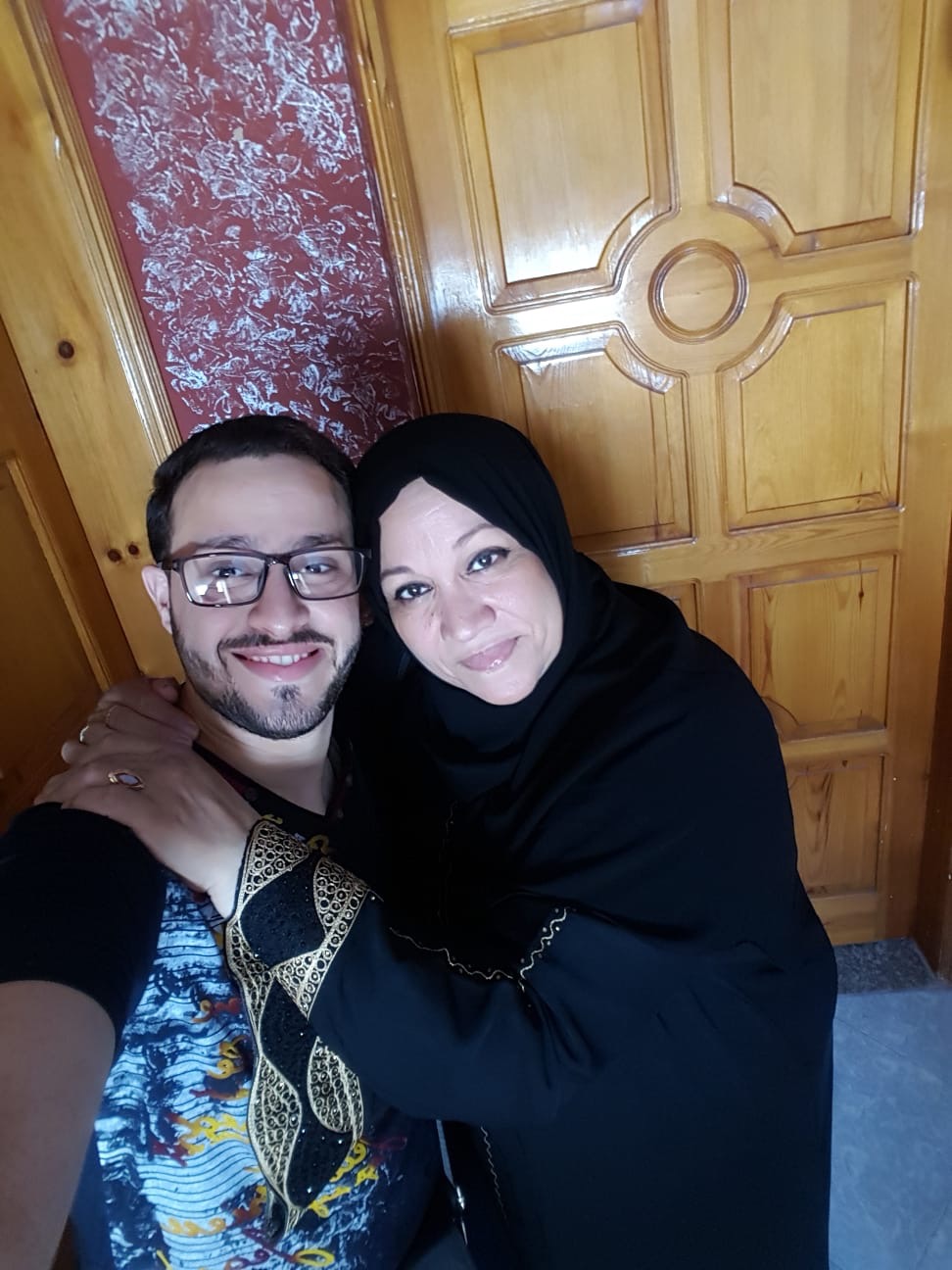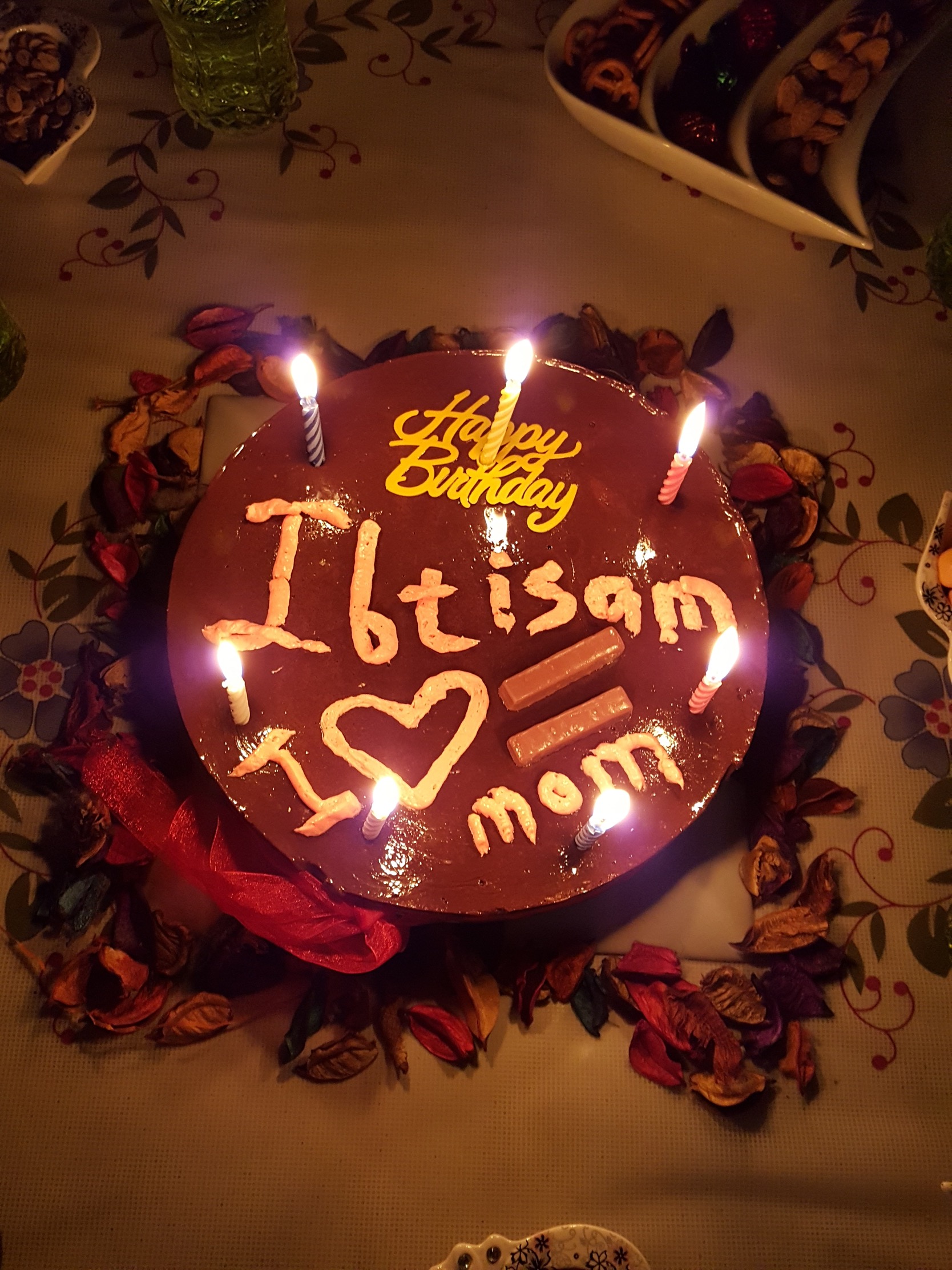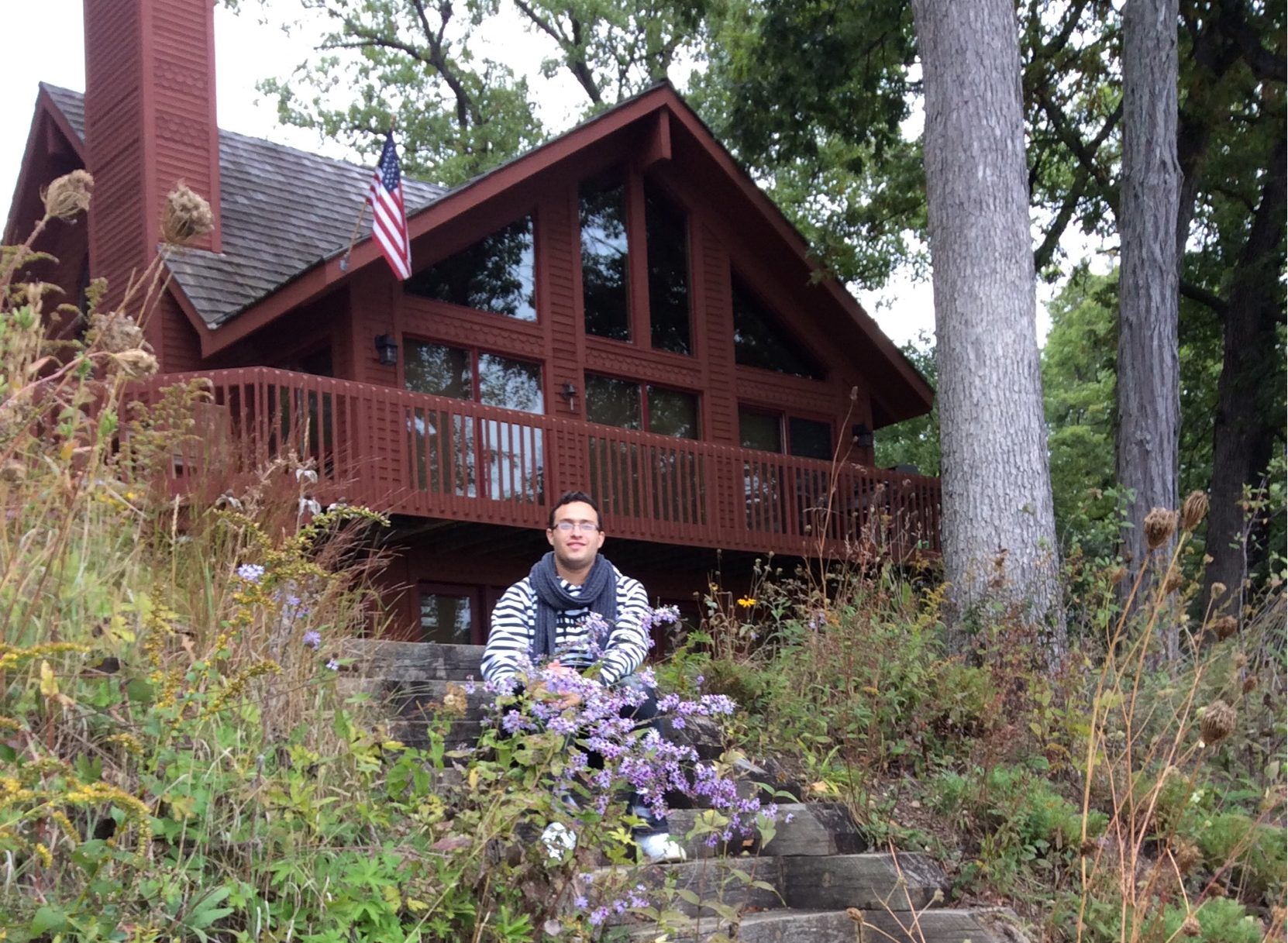August 22, 2018
Gaza
Last night I dreamed I had immigrated to Belgium and was sitting with a friend in a large, crowded refugee camp. What I remembered most is how anxious I felt. My friend talked a lot and kept repeating that camp is like a prison and we should never leave; otherwise, the Belgian soldiers would catch us.
Nevertheless, we decided to take the risk so we could explore the streets outside. Once out, we were impressed by the beauty of the buildings. When we saw an army jeep, we were careful to avoid it. But when we reached an empty, shadowy street, soldiers chased us. We ran until we reached a narrow alley where we could hide in a sort of recess in the wall. Nevertheless, the soldiers found and caught us. I woke up as they shoved me into their jeep. It was at 6:26 a.m.
I stared at the ceiling for about 20 minutes. I asked myself why I had had such a dream even though I have never thought about immigrating to Belgium. I concluded later, though, that it made sense. Everyone seems to talk about finding a way to leave Gaza these days. And yet it seems that no matter where we go, true freedom remains elusive. I fell asleep again until my mom’s loud voice woke me up. It was 9:36 a.m.
When I walked into the kitchen, she launched into her usual “investigation.” She asked, “Why were you up so late? Is anything wrong?” I was amazed; how did my mother know I was up late when she was sleeping?
I told her my closest friend felt depressed and disappointed and needed someone to listen. But mainly, I was waiting for my phone and iPad mini to fully charge so I wouldn’t be without them when the power shut off. We have electricity for no more than four hours a day right now, so I never sleep when we have it. I have to take advantage of every minute of electricity we have. I also needed to keep an eye on the faucet, so when the water came, I could turn on the generator that pumps water from the underground pipes into storage barrels on our roof. Water must be rationed by the government, and we leave the outside faucet open so we know when it comes. If we don’t start the generator right away, our neighbors might beat us to it and use up all of the water. It’s almost a game.
It was a religious holiday, which means Mom and my brother didn’t have to work. Eid al-Adha honors the willingness of Ibrahim (Abraham) to sacrifice his son as an act of obedience to God’s command. But then, to spare the son, God provided a lamb to sacrifice instead. On this holiday, a lamb or similar animal is sacrificed and divided into three parts: one third is given to the poor and needy, another third is for relatives and friends, and the other is to keep. She, my brother and I ate breakfast together. Then I washed the dishes, my assigned chore, and asked what else needed to be done around the house. I have no sisters, so unlike in many traditional families here, I do housework too. But also, helping Mom is my duty and my privilege. She’s been divorced from my father since I was very young and works hard at her job and in the home for us; this is the least I can do. I filled the kettle with water to heat and cleaned the guest and living rooms; then, I turned off the burner to let the tea brew while I moved on to tidy the other rooms.
Ready to drink my tea with sage and cinnamon sticks at about noon, I turned on the new album from Elissa (Zakaria Khoury, from Lebanon). I took two mugs of tea to Mom and my brother. Then, I headed with my tea to my sanctuary, my room. I turned the Wi-Fi on with a battery (since we had no electricity at the time) and checked my social media accounts. Most of what I read and saw were Eid posts and messages. Sometimes I think I feel the spirit of Eid on social media more than in real life—especially this year. People here are so desperate and broke. Markets, restaurants and other public places are not as crowded as they used to be.
Suddenly a sponsored post from Medical Aid for Palestinians showed up in my Facebook newsfeed. It was a video reporting the murder of a third volunteer paramedic by Israeli snipers while he was treating the injured at the Great Return March. I couldn’t stand watching the video for more than 30 seconds. I scrolled down until it disappeared, then distracted myself by jumping out of my bed, choosing the most pleasant song on Elissa’s new album, turning the volume up and dancing crazily until the song ended. Be gone, negative energy!
I was very sweaty now; after sleeping in the hot weather with no way of cooling off, doing chores and dancing, I needed a long shower. It was one p.m. now, and I took my time. Then it was my mom’s turn for her shower (only one full bathroom and not enough water for two at a time!). In the meantime, I turned on Amr Diab’s latest song, put on my new Eid clothes and started to organize my binder for an intensive course on teaching the English language for which I’ve been accepted. Unfortunately, before I could finish, my brother’s friends came to wish him a happy Eid. He’s not good at anything related to hospitality, so I poured glasses of cold karkade (hibiscus) juice and filled some plates with nuts. When he left to visit other friends, Mom and I left to visit my maternal aunts, as we always do on the second day of Eid. I took some selfies with her, then we set out.
 Ali Abusheikh
Ali AbusheikhOn our way to visit my youngest aunt, I recited a few Quran verses and zikr, a form of devotion in which short phrases or prayers are repeatedly recited silently or aloud, for safety and protection. We arrived around 3:50 p.m. As I shook hands with my uncle, he told me he loves the Facebook memories I shared of my stay in America. I remembered that time three years ago when I attended university there for a year as part of a US government program. I had celebrated the event with my American and international friends at an event on campus. We had a delicious Middle Eastern dinner. I treasure those memories, but they also hurt. I want to return so badly, but travel is so difficult for Palestinians, especially those in Gaza.
Later, at the home of my oldest aunt, we ate a delicious lunch (about 5:30 p.m.) of sacrificial beef and yellow rice. And, of course, Mom and I asked to charge our phones, since they had electricity. I didn’t want my phone to die, so I could continue jotting down thoughts for this essay and read a book I’ve downloaded. It’s an Arabic novel that dramatizes the lack of rights for women in the Middle East. It’s sad, but good.
We left for the last aunt’s house at around 8:30 p.m. She insisted on serving dinner, and although we were not yet hungry, the smell of falafel and hummus convinced us to eat a little. We left at around 10:50 p.m. for the last and best stop—a visit with my great-aunt. My closest friend and cousin, Jeje, lives there, and we had planned a birthday party for Mom. Her birthday was August 21 (the first day of Eid). Jeje made a bounty cake and bought fruit, nuts and other snacks for the party. Mom was smart enough to figure out we were doing something for her when we started to set the table, but she didn’t let on. The moment we brought in the cake lit up with candles, she knew for sure.
 Ali Abusheikh
Ali AbusheikhMom is my superhero and role model in life. It feels great to make her happy. We sadly left their home at about 1:20 a.m., the desire to sleep stronger than the wish for fun. The moment we got in the car, I opened the window and leaned back, enjoying the air. I didn’t feel like going home or anywhere else. All I wanted was to feel the refreshing, cold air.






